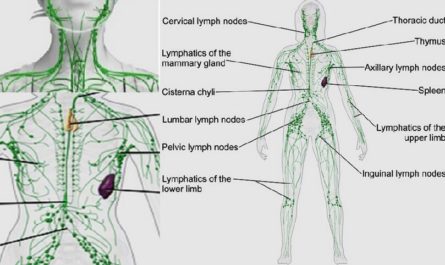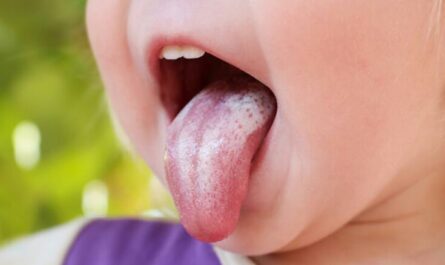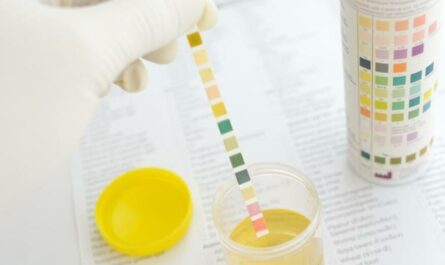Green bowel movement is a condition that occurs when your stool has a green color instead of the normal brown color. Your diet usually causes it, but it can also result from other things. Generally speaking, if it passes through with ease and comfort, then you have nothing to worry about. If it was painful, watery, or runny, then you should be a little wary about what your stomach is trying to tell you.
A not-so-known sign in your bowel movement is when it turns a shade of green. People tend to panic when they see this color because they associate it with germs and infections. The question on everybody’s minds when they see green excrement in their toilets is whether they are alright or not. The answer to that, however, is that it depends.
The bowel movement is an excellent indicator of your current health situation. It can also be an indicator of your everyday diet. For example, watery and runny bowel movement is an indication that something is acting up in your stomach. This article discusses green bowel movement symptoms, causes, and treatment.
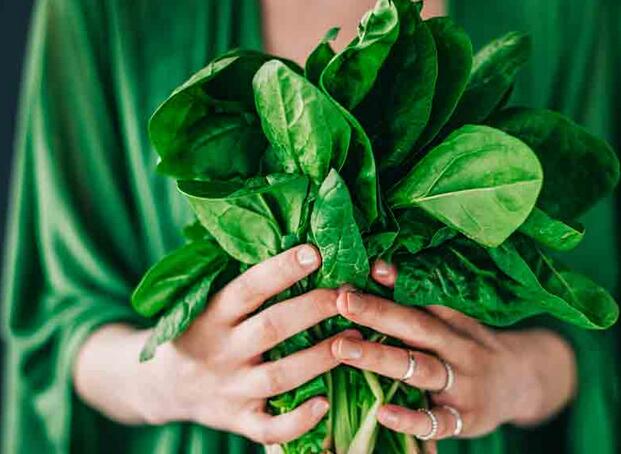
6 Common Causes of Green Bowel Movement
Why is your bowel movement green? The common causes include:
1. Food that you eat
The most prevalent causes of green bowel movement are your food. More often than not, it is caused by you eating a large amount of green food. These include leafy greens such as kale, arugula, bok choy, and broccoli.
These foods contain a large amount of chlorophyll, giving them their signature dark green color. This chlorophyll is the chemical found in plants to receive sunlight and create energy. Do not worry; this will not suddenly make you absorb sunlight or heat more. The chemical’s pigment is so dark that it dyes your poop a different green color.
Leafy greens are not the only thing you eat that could give your stool an odd green color. There are also green powder supplements found in juices and smoothies that can make your bowel a shade of green on the inside.
If you are on a juice cleanse and see green stool, it is probably because of that. Food high in green food coloring can also change the color of your poop green.
The food coloring does not just go away once you chew and swallow it. Your stomach can not adequately digest many food colorings, so it just throws it out as waste material. It then leads to the same stool as the food coloring you just ate.
If you have been eating many greens and your stool passed with no problems – no diarrhea, pain, weird consistency, or constipation – then your green bowel movement should be of no worry to you. It also does not mean that you should stop eating your nutritious vegetables if you see green stool.
It is not a problem for your stomach to digest these things, and if you want to keep going on a plant-based diet, you should go right ahead. Medical experts would even recommend that you get enough greens in your diet.
2. Bile Coloration
As discussed earlier, your bile is naturally a yellowish-green color. It is found in your liver and stored in your gallbladder for the critical job of helping your body break down the food you eat. The bile combines with your food so that your small intestine can absorb more of the essential fats.
Green bowel movement from bile pigmentation occurs when the body breaks down the bile to be defecated as waste. This problem can be caused by diarrhea or stomach cramps. Irregular bowel movements or issues with what you eat can cause your body not to break down the bile attached to your food. Because of this, the bile salts may attach themselves to your stool and give it a yellowish-green appearance.
It alone is not a cause for concern as it is all-natural and your body’s way of handling whatever awful thing you ate. However, whatever caused the stomach issues to occur can cause medicine or a trip to the doctor’s office.
3. Medication
In some cases, your medication or antibiotics can kill much of the natural bacteria in your digestive system. Those prescribed powerful antibiotics to treat infections experience this issue more.
The medicine can not discern between good and bad bacteria, so it kills what it encounters. As previously mentioned, this bacteria leads to the brown look of your stool. Without it, the bile’s natural green color shows more.
4. Surgery and Other Medical Procedures
This cause of green stool is a rather serious one that should not be taken lightly. During surgeries, especially transplants, your body may reject any foreign objects or transplanted material placed inside your body. This rejection can lead to diarrhea and discolored stool.
5. Viruses, Parasites, Bacteria, and Amoeba
Natural and healthy bacteria are suitable for your body. There are millions already found within your bodily systems. Outside contaminants, however, can cause severe damage to your systems. Viruses, parasites, bacteria, and amoeba that find their way into your body can cause very painful and long-lasting stomach illnesses.
It is common for your stool to turn green because of the harmful substances hurting your digestive system. You should seek medical help as it can often leave you weak and susceptible to even more sicknesses.
6. Gastrointestinal Diseases
There exist some conditions and illnesses that can affect how your gastrointestinal system operates. It can cause your intestines to produce too much bile or too little of it.
These conditions can make the stool look more green and discolored. They can also make it so that your intestine lets the bile pass through too quickly without letting it break down properly first. Once again, bile has a natural yellowish-green color.
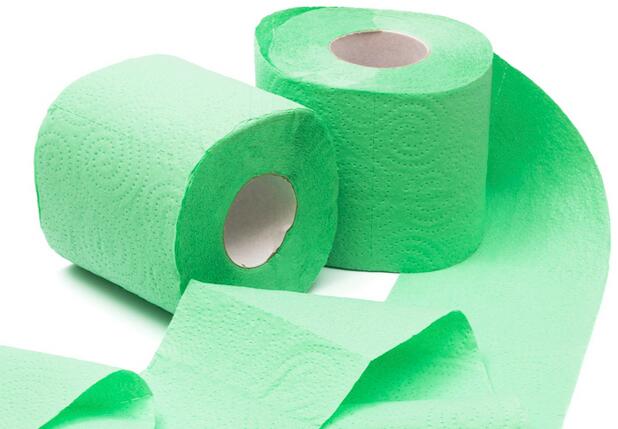
What Makes Stool Brown?
It would first help to understand why exactly poop is brown in the first place. It is a mixture of waste from what you eat and the dead blood cells found in your body. The bile found in your stomach acids is already a yellowish-green color. The bacteria from the food you eat causes it to achieve that signature brown look.
Is Green A Bad Color For Stool?
While green bowel movement is not exactly regular, it is no cause for significant concern. It should only concern you if it is accompanied by pain or gastrointestinal issues.
The color of stool you should be looking out for is black or tarry with spots of blood. This stool color can indicate severe problems with your intestinal tract or even signify cancer. Get yourself checked immediately when you notice this.
When is a Doctor’s Appointment Needed For Green Bowel Movement
As mentioned earlier, if your green stool is accompanied by diarrhea, you should go to the doctor and seek treatment. These can be indicators of foreign contaminants wreaking havoc in your body.
If it is left untreated for too long, the situation could worsen, and you could get dehydrated and sick. Even if you think the green in your stool is caused by the number of greens you have been eating, you should go to the doctor if you have had diarrhea with it for more than three days.
If your green bowel movement has been chronic despite not ingesting any green foods, this could be a sign of gastrointestinal issues. You should see a doctor if your greenish stool is together with nausea, stomach aches, or blood. Furthermore, if these occur after major surgery or transplant, you should inform your doctor right away. Hesitating could endanger your quality of life.
Green Bowel Movement Treatment
Green stool from harmless causes such as green food does not need treatment as there is nothing wrong. You can continue to enjoy your green-colored food to your heart’s content.
A lack of bacteria caused by antibiotics and medication can be treated with probiotic drinks and yogurts. These will help replenish the healthy bacteria in your body.
It is not as easy for those cases that require a trip to the doctor. The doctor can prescribe you medicine to help combat the harmful parasites, viruses, amoeba, and bacteria in your body. It may take some time, but these medicines are effective.
Unfortunately, some gastrointestinal conditions can not be cured, but their symptoms can be alleviated. Doctors can provide you with medicines and practices to keep your body running as perfectly as possible.
Conclusion
Green bowel movement is not wrong most of the time, but it can be paired with other symptoms. If you are worried about your green stool, it is best to check it with a health professional. Do not let your body worry much longer and get your stomach treated.

